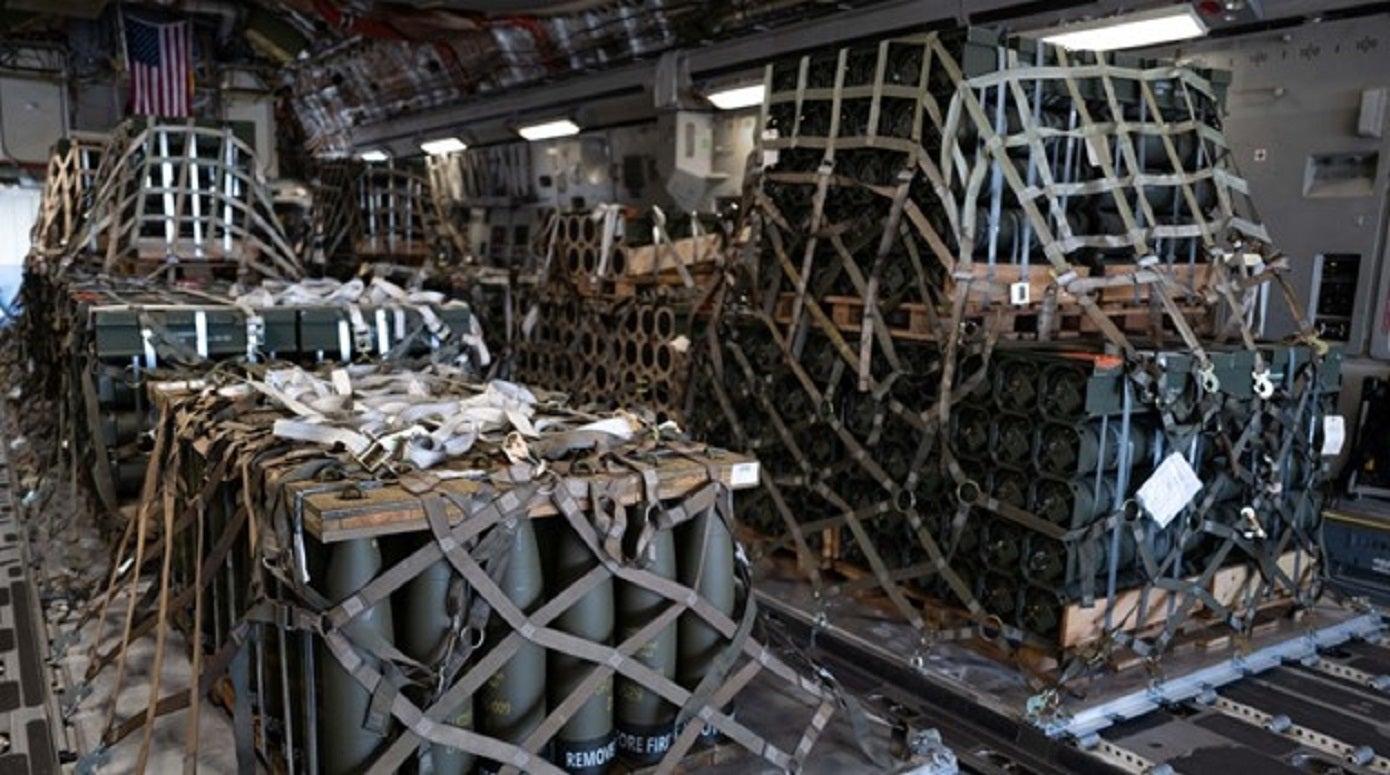
Rheinmetall’s new Spanish subsidiary Expal Systems will deliver more than 100,000 rounds of 155mm munitions to the German Government under a third call-off contract that is earmarked for Ukraine’s war effort.
The Spanish ammunition manufacturer, acquired in August for $1.3bn, (€1.2bn) will increase Rheinmetall’s production capacity in artillery, mortars and medium calibre munitions.
Besides the 155mm ammunition, Rheinmetall Expal Munitions SAU, as the company is now known, will also deliver additional DM 121 high-explosive rounds.
The order is worth a figure in the mid-three-digit million-euro range while tens of thousands of rounds will be delivered in 2023, with the remainder due to ship in 2024.
As recently as July 2023, Rheinmetall announced the signing of a new framework agreement for artillery ammunition with the Bundeswehr and the expansion of an existing agreement. The contracts encompass the delivery of several hundred thousand shells, fuses and propelling charges.
This framework runs until 2029 and represents a gross potential order volume of around €1.2bn.
Dwindling munitions support for Ukraine?
The Bundeswehr’s munitions contract for Ukraine comes at a critical time as Ukrainian forces continue to push their counter-offensive in the south of the country to break through to Crimea, a peninsula that Russian forces annexed in 2014 and a region that has become a critical base from which the invading forces operate.
Currently, global military aid to Ukraine is slightly dwindling. In the United States, the continuing resolution approved by Congress does not include security assistance funding for Ukraine. Meanwhile, slighted by its grain dispute with Ukraine, Poland has stopped any further supply of weapon systems altogether.
So the EU, through its joint ammunition procurement initiative, is learning to accommodate for the stocks of member states as well as Ukraine.
Despite Europe’s best efforts, the president of Ukraine Volodymyr Zelenskyy is wary of events challenging his nation’s international backing.
On 9 October, Zelenskyy expressed concern that Russia hopes to distract Western unity in support of Ukraine even further since the recent conflict in the Middle East has shaken the Eastern Mediterranean.
“According to the available information… Russia is interested in triggering a war in the Middle East, so that a new source of pain and suffering could undermine world unity, increase discord and contradictions, and thus help Russia destroy freedom in Europe.
“We see Russian propagandists gloating. We see Moscow’s Iranian friends openly supporting those who attacked Israel.”




